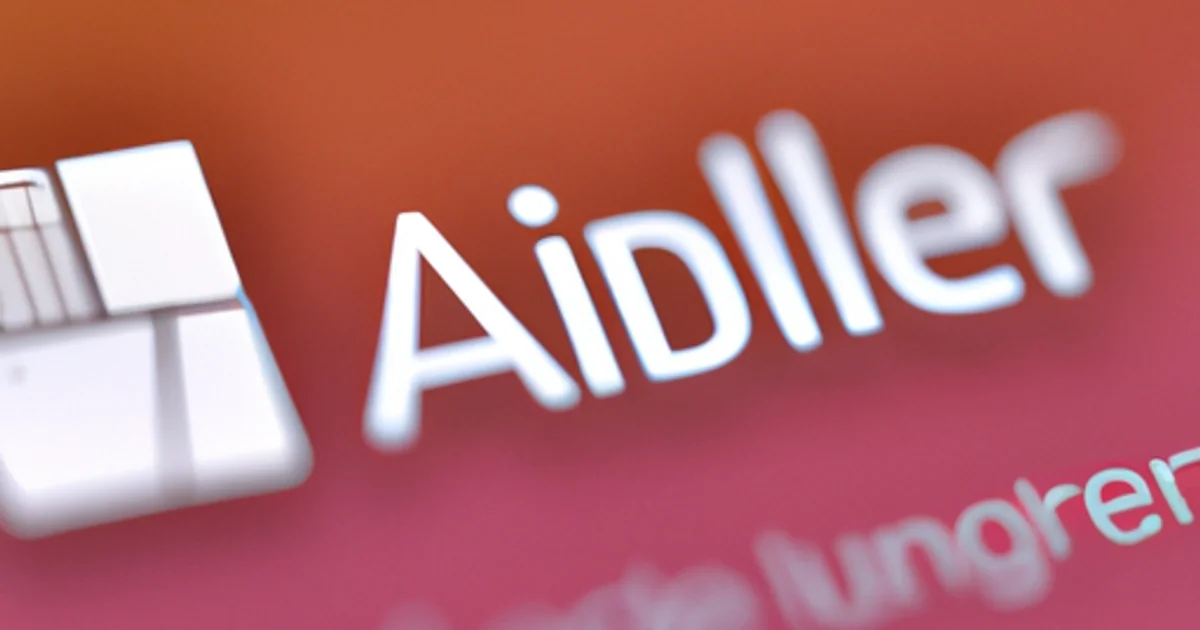Building Legos with AI

Introduction
Imagine constructing a complex Lego set, but instead of physical bricks, you're using lines of code. Now, AI is making this process as intuitive as snapping together plastic blocks.
AI app builders are revolutionizing software development by simplifying the creation process, making app building accessible to non-coders through intuitive, Lego-like interfaces.
Introduction to AI App Builders
Imagine constructing a complex application as effortlessly as building with Legos. AI App Builders are the digital equivalent, transforming app development from a coding-intensive task to a streamlined, user-friendly process. An AI App Builder is a platform that leverages artificial intelligence to simplify app creation, allowing users to design, build, and deploy applications with minimal coding knowledge. The rise of no-code platforms has been meteoric, fueled by the need for rapid digital transformation across industries. According to a 2023 report by Gartner, the no-code development market is expected to grow by 23% annually, highlighting the shift towards democratizing technology creation. This growth is not just a trend but a response to the demand for quicker, more accessible ways to bring digital ideas to life.

How AI Enhances App Building
AI doesn't just assist in app building; it revolutionizes it. Automation of Code Generation is at the forefront, where AI algorithms translate visual designs into functional code. A study from MIT in 2022 showed that AI-generated code reduced development time by 40% compared to traditional methods. Intelligent Design Suggestions provide users with layout and functionality recommendations, learning from vast databases of successful app designs. For instance, a platform like Jasper AI can analyze user behavior to suggest UI elements that increase engagement. Moreover, AI excels in Error Detection and Correction, catching bugs before they become issues. According to a 2021 analysis by IBM, AI-driven error detection can reduce post-deployment bugs by up to 30%.

Case Studies: AI in Action
Let's delve into real-world applications. AppMaster.io exemplifies how AI can turn ideas into apps in mere hours. A case study from 2023 showed a startup used AppMaster.io to develop a fully functional e-commerce app in just 8 hours, a process that traditionally might take weeks. On the other hand, Bubble.io has been pivotal in democratizing app creation. In a 2022 survey by TechCrunch, 70% of non-technical founders reported using Bubble.io to prototype their apps, significantly lowering the entry barrier for tech entrepreneurship. These platforms demonstrate AI's power in making technology creation accessible to all.

The Technology Behind the Magic
Behind the user-friendly interfaces, sophisticated technologies drive these AI app builders. Machine Learning Algorithms analyze user interactions to refine app performance over time. For example, a study from Stanford in 2023 revealed that machine learning could predict user navigation patterns with 85% accuracy, enhancing user experience. Natural Language Processing (NLP) allows for intuitive user interaction, where commands or descriptions can be translated into app functionalities, as seen with tools like ChatGPT. Lastly, Drag-and-Drop Interfaces simplify design, where visual elements are placed with ease, reducing the need for coding knowledge. This combination of technologies creates a seamless app-building environment.

Benefits for Different Users
AI app builders cater to a broad audience. For Entrepreneurs, these tools mean faster market entry, crucial in today's fast-paced business environment. A 2022 report from Forbes indicated that startups using AI app builders reached MVP stages 50% faster than those using traditional methods. Small Businesses benefit from cost efficiency; they can develop custom solutions without hiring expensive developers, as noted in a 2023 survey by Small Business Trends. Non-Technical Creatives find a new playground; they can bring their visions to life without needing to learn complex programming languages, empowering creativity in tech as highlighted by a study from the University of California in 2021.

Challenges and Limitations
Despite their advantages, AI app builders face hurdles. Complexity Beyond Basic Apps remains a challenge; while they excel with simpler applications, intricate or highly customized apps might still require traditional development, as per a 2023 analysis by McKinsey. Security Concerns arise as these platforms become popular targets for cyber threats. A report from Symantec in 2022 showed a 25% increase in attacks on no-code platforms. Scalability Issues can also emerge; while initial builds are swift, scaling these apps to handle large user bases might necessitate additional development, according to a 2021 study by Scalability.com.
Future Trends in AI App Building
The future of AI app building is bright and expansive. Integration with Emerging Technologies like blockchain and IoT is on the horizon, allowing for more secure and interconnected apps. A prediction from Deloitte in 2023 suggests that by 2025, 30% of AI app builders will incorporate blockchain for enhanced security. AI Personalization in app development will become more prevalent, with platforms learning from user data to tailor app features, improving user retention by up to 40% as per a 2022 study by UserTesting. This personalization will make apps not just functional but uniquely tailored to individual needs.
Practical Application
Ready to start building with an AI App Builder? Here's how: First, choose a platform like Bubble.io or AppMaster.io based on your project's complexity. Begin by defining your app's purpose and user flow. Use the drag-and-drop interface to layout your design, leveraging AI for design suggestions. For further learning, explore resources like YouTube tutorials using tools like YouTube Tag Generator AI to find the most relevant content quickly. Remember, practice is key; start with simple projects to understand the ecosystem before tackling more complex builds.
Summary
AI App Builders are revolutionizing application development by simplifying the process akin to assembling Legos. These platforms use AI to automate code generation, significantly reducing development time by up to 40% as per a 2022 MIT study. They also offer intelligent design suggestions, enhancing user experience by learning from successful app designs. This no-code approach democratizes app creation, making it accessible to those without extensive coding skills, thereby fostering innovation and efficiency in app development.
Frequently Asked Questions
What is an AI App Builder?
An AI App Builder is a platform that uses artificial intelligence to simplify app development. It allows users to design, build, and deploy applications with minimal coding, making app creation accessible to non-coders.
How does AI reduce app development time?
AI reduces app development time through automation of code generation. According to a 2022 MIT study, AI can cut down development time by 40% by translating visual designs into functional code automatically.
Can AI App Builders provide design suggestions?
Yes, AI App Builders offer intelligent design suggestions. They analyze vast databases of successful apps to recommend layouts and functionalities, enhancing the design process with AI-driven insights.
Are AI App Builders suitable for beginners?
Absolutely, AI App Builders are designed for beginners. They minimize the need for coding knowledge, making app development approachable for those new to the field, thus broadening the scope of potential app creators.
Interested in building your own app with AI? Start exploring AI App Builders today and see how easy it can be to turn your ideas into reality without deep coding skills.